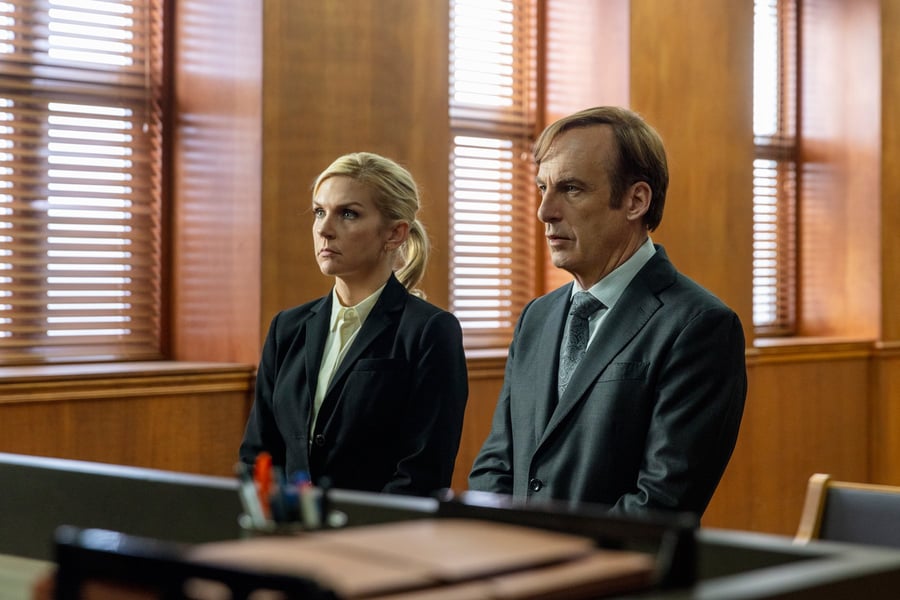The 100 Greatest TV Shows of All Time
A ranking of the most game-changing, side-splitting, tear-jerking, mind-blowing, world-building, genre-busting programs in television history, from the medium’s inception in the early 20th century through the ever-metastasizing era of Peak TV

Rhea Seehorn and Bob Odenkirk in 'Better Call Saul.'
Greg Lewis/AMC/Sony Pictures Tel
HOW DO YOU identify the very best series in a medium that’s been commercially available since the end of World War II? Especially when that medium has experienced more radical change in the nine years between the finales of Breaking Bad and its prequel, Better Call Saul, than it did in the 60-odd years separating Walter White from Milton Berle? The current Peak TV era is delivering us 500-plus scripted shows per year, many of them breaking boundaries in terms of how stories are told and who’s doing the telling. So, we decided to update our list of television’s all-time best offerings, originally compiled in 2016. Once again, we reached out to TV stars, creators, and critics — from multihyphenates like Natasha Lyonne, Ben Stiller, and Pamela Adlon to actors like Jon Hamm and Lizzy Caplan as well as the minds behind shows like The X-Files, Party Down, and Jane the Virgin — to sort through television’s vast and complicated history. (See the full list of voters here.) Giving no restrictions on era or genre, we ended up with an eclectic list where the wholesome children’s television institution Sesame Street finished one spot ahead of foulmouthed Western Deadwood, while Eisenhower-era juggernaut I Love Lucy wound up sandwiched in between two shows, Lost and Arrested Development, that debuted during George W. Bush’s first term. Many favorites returned, and the top show retained its crown. But voters couldn’t resist many standouts of the past few years, including a tragicomedy with a guinea-pig-themed café, an unpredictable comedy set in the world of hip-hop, and a racially charged adaptation of an unadaptable comic book. It’s a hell of a list.




















































































